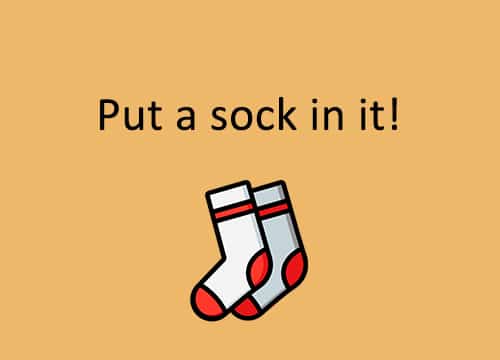
Put a sock in it
“Sock” (calcetín, media) you may know. Here the interest is in expressions (dichos) that use the word “sock”. Reflect over these: The First certificate class
Si quisiera mejorar o aprender inglés, este blog podría ser su ayudante.
Cada semana algo nuevo se publica. Si quisiera recibir una notificación de un tema nuevo por correo electrónico solo tiene que suscribirse a nuestro blog desde el formulario del final de la página. Ir al formulario.
Su correo electrónico sería guardado de manera confidencial para que ninguna otra persona pueda usarlo.
El blog será en inglés, y únicamente damos explicaciones mínimas (en español) para aclarar algo, para traducir algo que podría ser difícil, o para acelerar su entendimiento.
El autor es Aimee, directora y una especialista en educación hablante nativa.

“Sock” (calcetín, media) you may know. Here the interest is in expressions (dichos) that use the word “sock”. Reflect over these: The First certificate class
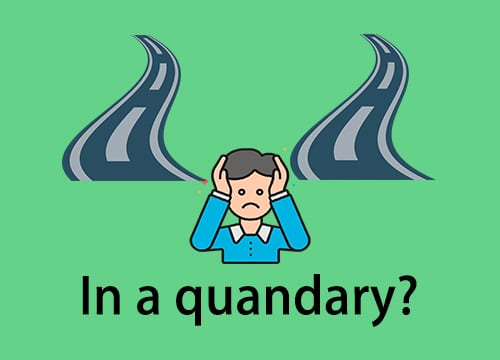
Have you ever “been in a quandary”? Probably. To be “in a quandary” (estar en un dilema) is to be in a difficult situation (apuro)
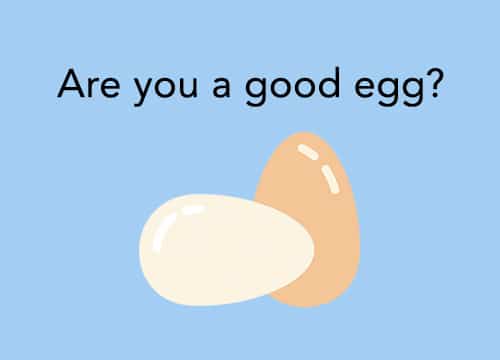
“Egg” (huevo) you will know. Here the emphasis is on idioms (modismos) that use egg. Examine these: Mr. Johnson, the British Prime Minister, is an

“Wriggle” (retorcerse o avanzar serpenteando) is a verb and it means to move sinuously (sinuosamente) like a worm (gusano) or snake. A person who wriggles

“Rabbit” (conejo) you may know. Rabbits live in a burrow (conejera) and many rabbits live in a “rabbit warren” (madriguera de conejos). You can also

“To import” (importar) something is a verb that you may know. “Imports” (artículos importados) is the plural noun. The opposite is “to export” and “exports”

“Debar” is a (regular) verb and the context is normally negative. To debar someone is to exclude (excluir), prohibit (prohibir a alguien de algo), or
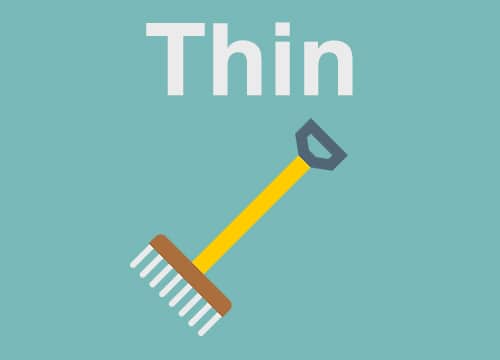
“Thin” you may know (delgado, flaco, estrecho, afilado). Here our focus is on the idioms (modismos) that use “thin”. Consider these: He is as thin
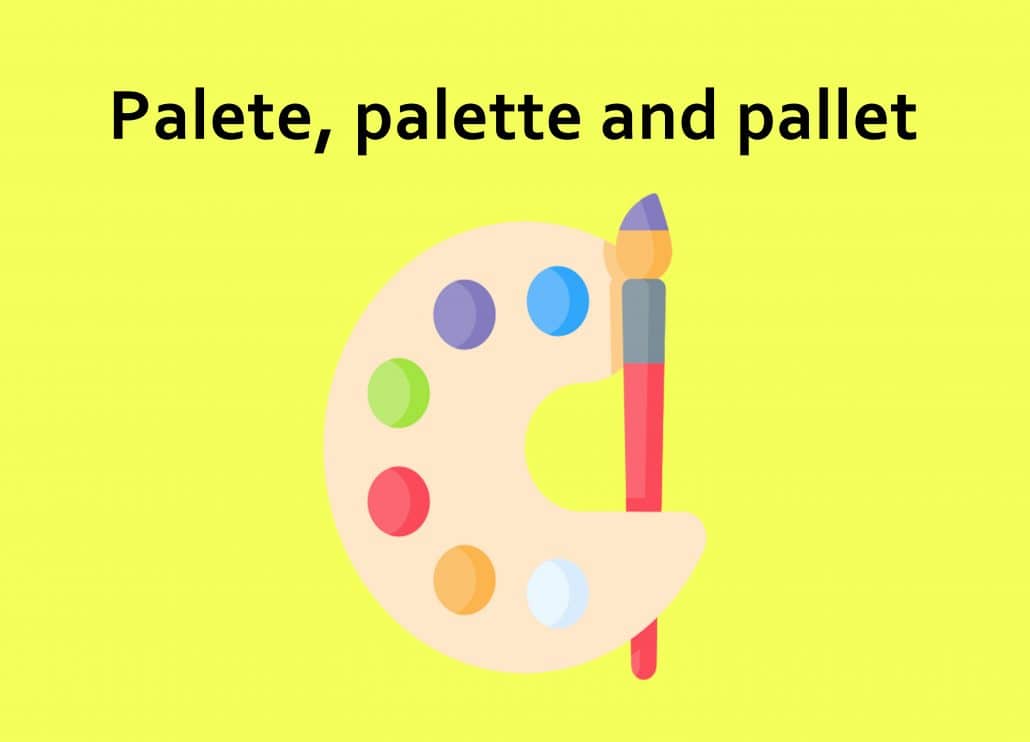
These are homophonous (homófono) words – they sound the same and have different meanings. To clarify: Are you a painter? If you are, then you

Have you ever been “in a huff“. Perhaps. Mortals (mortales) sometimes get into a huff. “Huff” is similar to being angry (bastante similar a enojado
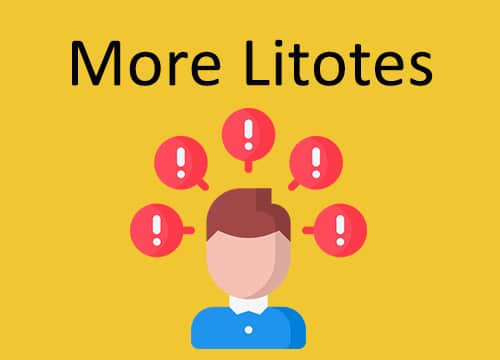
Litotes often are a special type of understatement (subestimación), and it is a type of modesty that is a part of the English culture, and

To flinch is to “shrink back” (estremecerse) from something, or to show signs of offence or pain. Look at these examples: Adrian flinched at the

Esta web utiliza cookies para que podamos ofrecerte la mejor experiencia de usuario posible. La información de las cookies se almacena en tu navegador y realiza funciones tales como reconocerte cuando vuelves a nuestra web o ayudar a nuestro equipo a comprender qué secciones de la web encuentras más interesantes y útiles.
Las cookies estrictamente necesarias tiene que activarse siempre para que podamos guardar tus preferencias de ajustes de cookies.
Si desactivas esta cookie no podremos guardar tus preferencias. Esto significa que cada vez que visites esta web tendrás que activar o desactivar las cookies de nuevo.